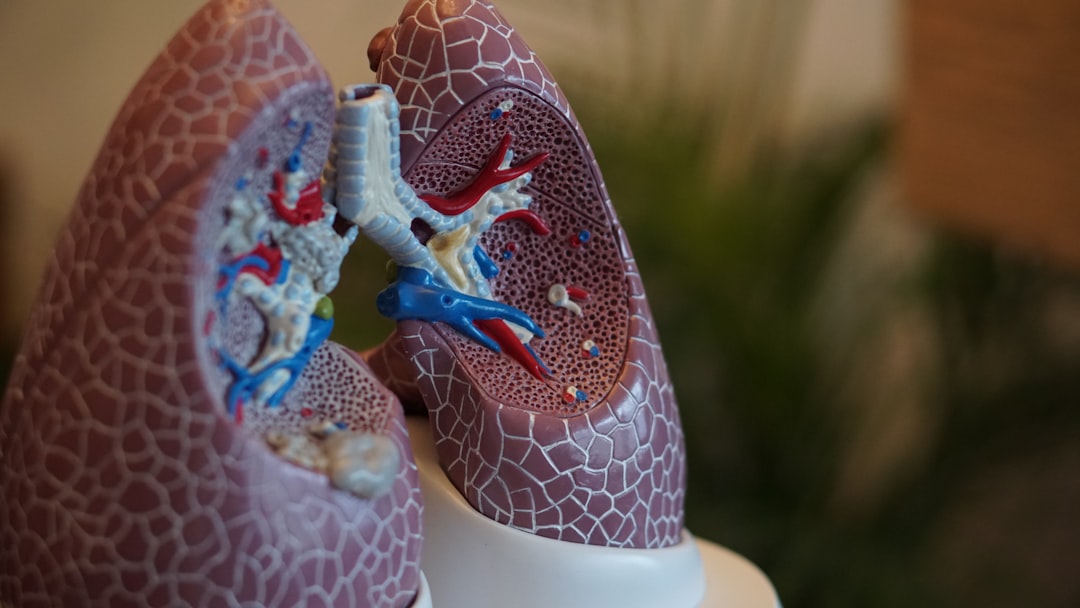Does the Alkaline Diet Work?

Photo by Julia Zolotova on Unsplash
My first interest in natural and holistic health began when I was a ski bum, working 60+ hour weeks at a resort, ski instructing by day, bartending by night, and living off local's deals and happy hour food in between.
One year, my health seemed to crash. I gained weight and fought fatigue daily. My energy levels never went up without external substances like copious amounts of coffee, and then one day, as I looked down at my wings-and-beer dinner that I ate at a bar most days after ski school, I began to think the cause lay in my choices.
(I know, I know, but I was 25 at the time. We all have to learn it at some point.)
I found a free natural health crash course online, picked up a notebook, and began self-studying when I could. One of the first things I read about was the concept of alkaline versus acidic foods.
Every food we eat has a pH level to it. Certain foods like meat, sugars, alcohol, poultry, and eggs are more “acidic” while foods like fruits, vegetables, and legumes are more “alkaline.” ]
When our bodies process food, it leaves behind a residue known as metabolic waste. Depending upon the pH level of what you ate, that metabolic waste is either alkaline or acidic and can directly affect the alkalinity of your body, at least according to proponents of this diet.
I knew my diet was pretty acidic, even without the amount of alcohol I was consuming at the time. I could almost hear my blood sizzling at the amount of coffee I was drinking, too.
I started drinking hot honey lemon water every morning because I’d read in that free course that lemon juice had an alkalizing effect on the body (which turns out to not be true as lemon juice is, indeed, acidic).
If anything, the practice got me more hydrated, and I did feel a little better as I strode out the door having hydrated first thing instead of downing black coffee the moment I rolled out of bed.
I focused on making more vegetable-centered meals, and at the time, I lived with a few roommates who were also down to eat more vegetables, so it all worked out.
Proponents of the alkaline diet suggest testing your urine daily to see what your body’s pH level is, so I ordered test strips and cringed as I’d wake up after a night of bartending and my pee was hinging on the acidic side (pizza and secret whiskey shots are definitely acidic).
The problem with this approach is that the pH levels in the body vary greatly. Your stomach, filled with hydrochloric acid, has a pH of 2.5-3 (very acidic), while your blood is always slightly alkaline. If your blood falls out of its normal range, it can be downright fatal. The high acidity of your stomach is necessary to break down food.
What you eat does change the acidity of your urine, as your body is excreting the metabolic waste created by what you ate, however, what you eat doesn’t affect the pH levels of your blood (your life actually depends on it).
Some of the most prominent arguments for the alkaline diet suggest that it can decrease the risk of cancer as cancer grows in acidic environments.
Science has actually debunked this, in multiple studies that can be analyzed in systemic reviews like this one and this one.
As mentioned before, your diet can make your urine acidic, but your blood is always slightly alkaline. Cancer grows in normal body tissue, blood, and some studies have even shown cancer growing in alkaline environments, contrary to many claims.
Another claim about the alkaline diet is the acid-ash hypothesis of osteoporosis. The idea is that an acidic diet can lead to a loss in bone mineral density.
The hypothesis ignores the vital role of the kidneys, which produce bicarbonate ions that neutralize acids in your blood, as well as your respiratory system.
When those bicarbonate ions bind to the acids in your system, it creates carbon dioxide which you breathe out.
It also ignores the role of collagen, a protein in the bones that you lose with age.
The studies on alkaline foods and osteoporosis are mixed, overall, some showing a link (like this one and this one) and others showing no such link (like this one and this one).
One thing the alkaline diet does do is help you eat better overall.
Highly processed junk foods, sugars, and alcohol are cut back or cut out while you focus more on eating whole fruits, vegetables, whole grains, and legumes.
While there aren’t any reliable studies backing up most of the claims around an alkaline diet, and even basic physiology giving reasons that it probably doesn’t do what it says it does, there are some small, highly specified populations it may help...
This study showed that a lower dietary acid load and higher alkaline foods can slow the progression of chronic kidney disease. This makes sense as the kidneys neutralize acids in your system, so eating more alkaline foods can take the workload off your kidneys if they’re already suffering.
It’s a pretty small sample and on a very specific part of the population, but for those fighting chronic kidney disease, this may be a dietary altercation that could help, with the guidance of a dietician or doctor, of course.
I really don’t remember what the free course I took in natural health eight years ago was.
I even tried to look it up for the sake of this post, but couldn’t find it, perhaps because made a few claims that by today, I know weren't entirely accurate.
With my 60-hour workweeks, I didn’t have the time to research things the way I can now and was just looking to learn simpler ways to improve my health. While the lemon waters and extra vegetables didn't fix my spiraling health right away, they certainly made me feel a little better for the time being.












If you enjoyed this article or recipe, please consider giving it a comment! It helps others discover my blog and recipes, and your comments always make my day :) Thank you for your support!
Your email address will not be published. Required fields are marked *